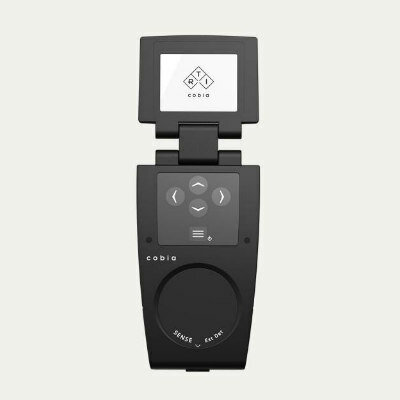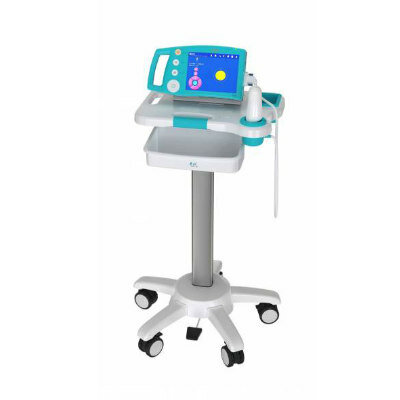Ultrahigh Field Preclinical MRI with CryoProbe Developed for High-Definition Neuroimaging Research
By MedImaging International staff writers
Posted on 26 May 2011
A new ultrahigh field magnetic resonance imaging (MRI) scanner for preclinical research has been developed that will provide new avenues for molecular and microscopic imaging. Posted on 26 May 2011
Based on Bruker's (Billerica, MA, USA) 15.0 Tesla USR (ultra-shielded and refrigerated) magnet technology, which has already been successfully installed in several Bruker Fourier transform (FT)-mass spectrometry customer laboratories, this new BioSpec 150/11 MRI system takes advantage of the intrinsically high signal-to-noise ratio and enhanced contrast mechanisms at high fields. Utilizing the concurrent development of the first 15 Tesla MRI CryoProbe for high-resolution neuroimaging, the new BioSpec 150/11 system enables new research on in vivo molecular events.
The first BioSpec 150/11 system is expected to be delivered to Vanderbilt University (Nashville, TN, USA) in 2011. Scientists within the Vanderbilt University Institute of Imaging Science (VUIIS) will collaborate with Bruker to further develop ultra-high field MRI applications and techniques for cutting-edge molecular imaging studies in cancer biology, neuroscience, and metabolism studies, and to advance translational imaging research that may benefit human clinical care. Funds for the purchase of the 15T system were provided by the US National Institutes of Health (NIH) National Center for Research Resources (Bethesda, MD, USA) as part of their High-End Instrumentation program, funded in part by the American Recovery and Reinvestment Act (ARRA).
The easy and cost-effective installation of the 15T system is possible due to the compact magnet design of only 1.5 m length and Bruker's active-shielding technology for minimum stray fields (less than 2.5 m from the magnet Center axially). The active helium refrigeration of the USR magnet provides virtually zero boil-off, resulting in reduced maintenance costs and completely eliminating the need for nitrogen cooling.
The concurrent development of a unique Bruker MRI CryoProbe at 15T is expected to deliver even additional increases in MRI signal-to-noise compared to room-temperature radiofrequency (RF) MRI coils. Bruker, the developer of cryogenically cooled probes for high-resolution NMR, and has sold almost 1,000 CryoProbes worldwide.
John Gore, PhD, professor of radiology and radiological sciences, professor of biomedical Engineering and director of the Vanderbilt University Institute of Imaging Science, commented, "We are appreciative for the funding award from the National Center for Research Resources that enabled this purchase. This new 15-Tesla preclinical imaging system will enable our investigators to explore a new technology that will provide important new applications at the forefront of imaging science. We are especially excited by the prospect of working at very high field, being able to push the sensitivity and spatial resolution of microscopic MRI studies in models of human diseases. My colleagues and I anticipate there will be additional benefits from use of the cryogenic MRI coil technology."
Bruker Corp. is a provider of high-performance scientific instruments and solutions for molecular and materials research, as well as for industrial and applied analysis.
Related Links:
Bruker
Vanderbilt University Institute of Imaging Science














